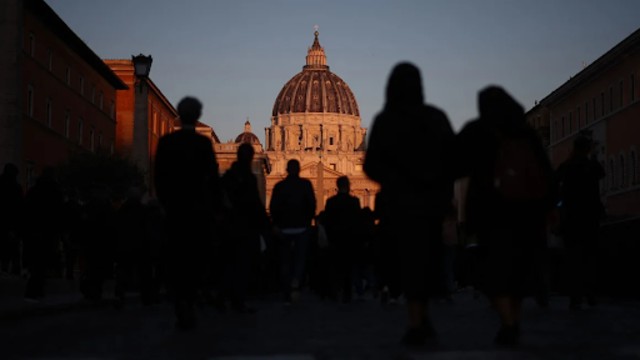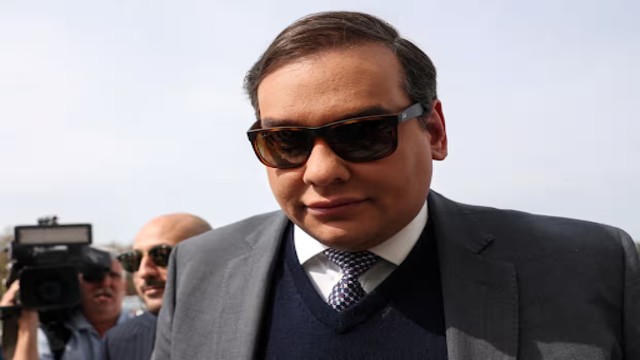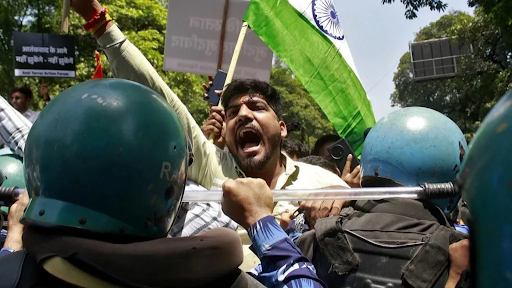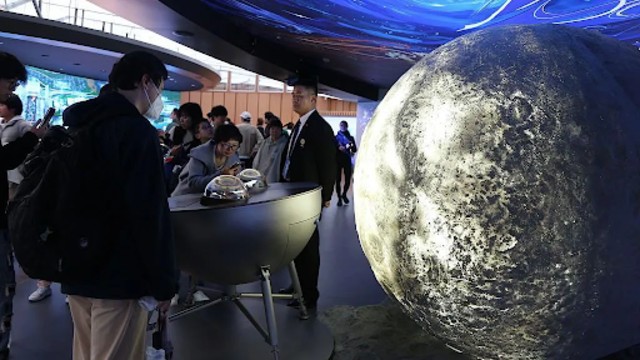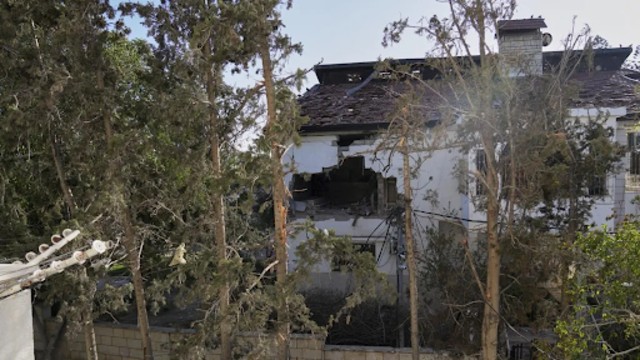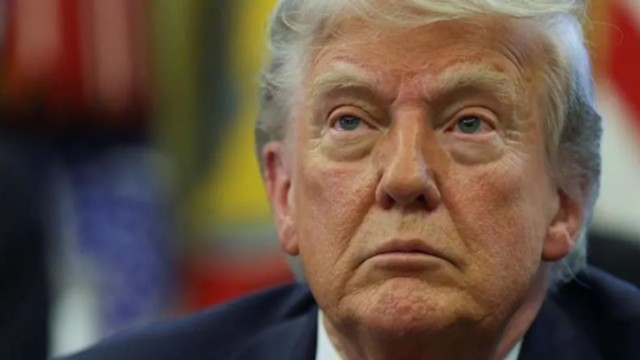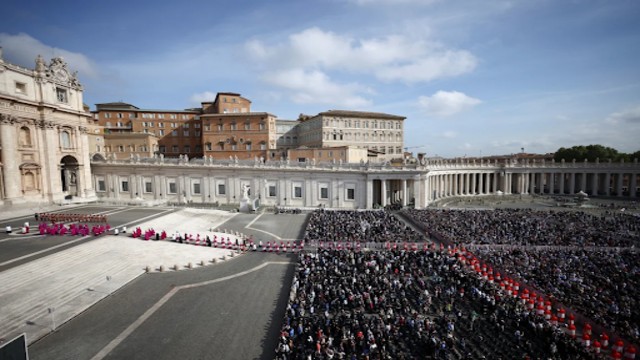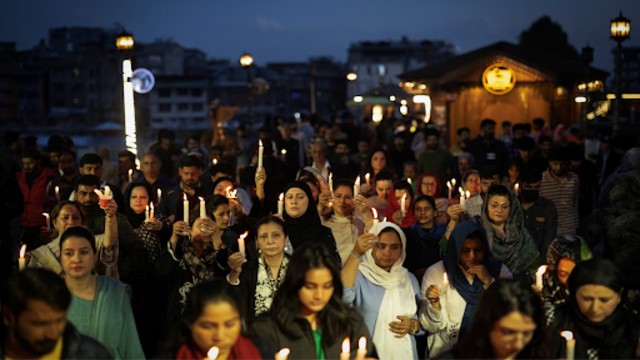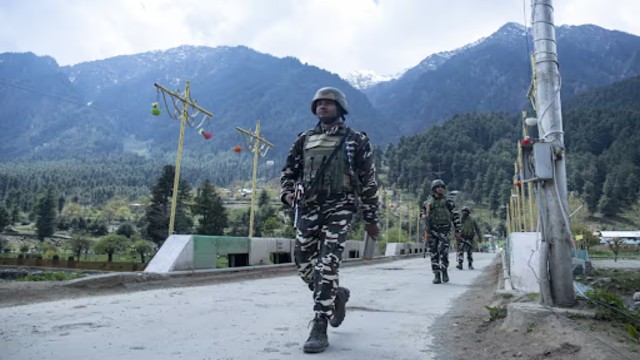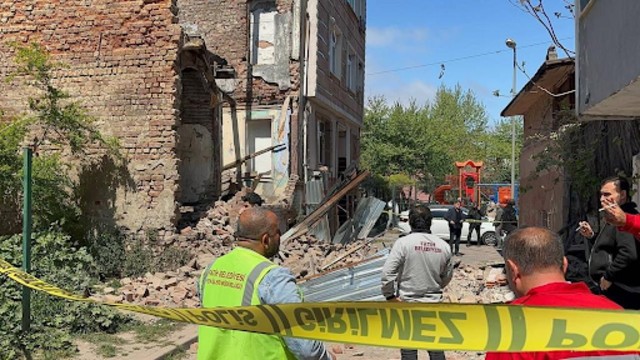
South Korea's impeached President Yoon Suk Yeol arrives at the Corruption Investigation Office for High-ranking Officials (CIO) in Gwacheon on January 15, 2025, to face questioning. Reuters
South Korea’s impeached President, Yoon Suk Yeol, has spent his first night as a pre-trial inmate at the Seoul Detention Centre after a court ordered his detention on Sunday. He is now under investigation for his controversial attempt to declare martial law on December 3, which led to accusations of insurrection. This makes him the first sitting South Korean president to face arrest.
Yoon, who once served as a prosecutor, was detained last week after an initial 48-hour questioning period. The charges relate to his actions during the political unrest in December, where he allegedly attempted to declare martial law to quell protests and maintain his power. These events led authorities to accuse him of insurrection, a crime in South Korea that can carry severe penalties, including the death sentence, though executions have not occurred in the country in almost three decades.
Upon arrival at the detention center, Yoon underwent the standard procedures for a pre-trial inmate. These included having photographs taken for identification purposes, a process no one is exempt from, including the highest officials. A corrections officer stated that the photos are part of a standard procedure, ensuring that every inmate, regardless of their status, is properly documented upon entry. In addition to this, Yoon was given a thorough physical inspection, not just to check his health, but to ensure he wasn’t hiding anything. According to the Korea Correctional Service, Yoon fully cooperated with the process, and it proceeded smoothly.
Once processed, Yoon was assigned a solitary cell in the detention center, which is located 22 kilometers south of Seoul in Uiwang. His cell, which measures around 12 square meters, is significantly larger than the typical 3.4-square-meter cells for other inmates. He will spend his days under strict detention protocols, waking up at 6:30 AM with the other inmates and having lights out at 9:00 PM.
In terms of meals, the Korea Correctional Service provides all detainees with 2,500 calories of food per day. The cost of this food is about 1,600 won ($1.09) per meal, and it consists of traditional Korean dishes. On the night of Yoon’s arrival, the menu included bean sprout soup, barbecued beef, and kimchi. Breakfast details for the following day were not immediately available.
Yoon’s detention could last up to 20 days, with further questioning by investigators. If he is indicted, his detention can be extended for another six months. His arrest comes as part of a broader investigation into high-ranking officials launched by the Corruption Investigation Office for High-ranking Officials (CIO). However, since the CIO lacks the authority to prosecute the president, it must refer the case to the prosecutors' office for further action.
Yoon has yet to answer any of the CIO’s questions, and his lawyers have argued that his arrest is illegal, claiming that the warrant was issued in the wrong jurisdiction. As the investigation continues, the former president faces serious charges that could significantly alter the political landscape in South Korea.


